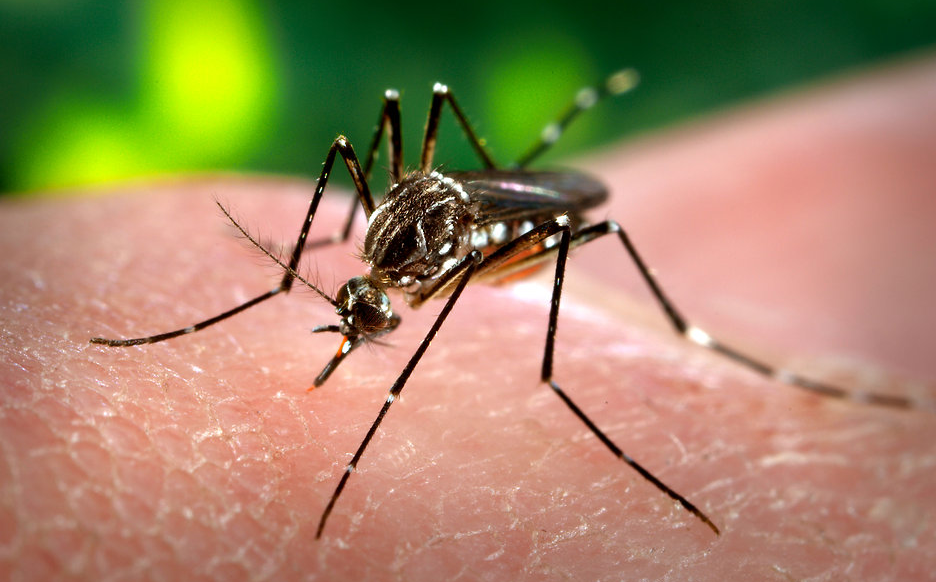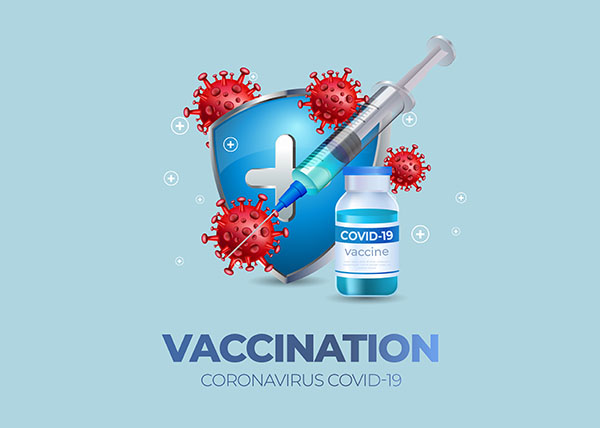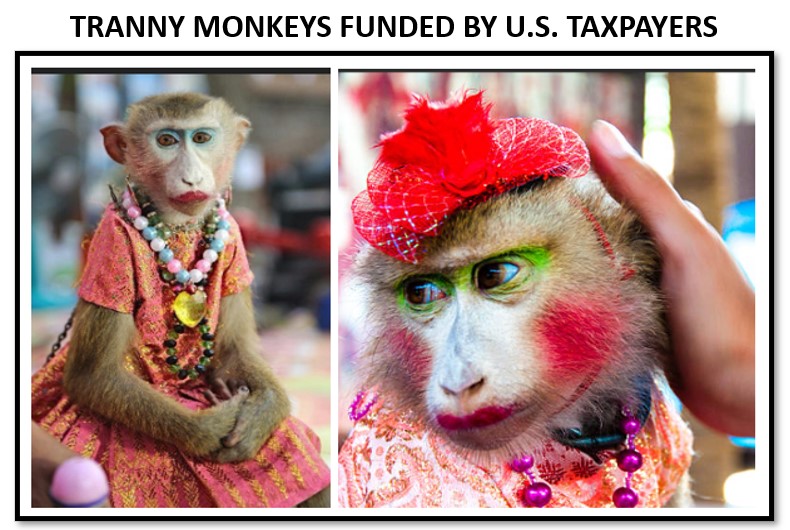Researchers conduct human clinical trials for experimental malaria vaccine using genetically modified MOSQUITOES
01/18/2025 / By Ava Grace

- Researchers in the Netherlands are conducting human clinical trials for a malaria vaccine delivered by genetically modified mosquitoes, sparking debate over its ethical implications and potential risks.
- Early results claim that recipients of the experimental vaccine delivered strong immunity in 89 percent of trial participants after being bitten by mosquitoes carrying a genetically modified malaria parasite that can’t cause illness.
- Critics warn of risks such as mass “vaccination” without consent, unintended ecological consequences, and potential side effects from exposure to genetically modified mosquitoes.
- Similar experiments using genetically modified mosquitoes for vaccine delivery have faced limited success and significant ethical and practical hurdles, highlighting the complexity of this approach.
Researchers in the Netherlands have launched human clinical trials for a malaria vaccine delivered by genetically modified mosquitoes.
While the approach has been hailed as innovative by some, it has also ignited a firestorm of debate over its ethical implications and potential risks. The trials, conducted at two university medical centers, represent a radical departure from traditional vaccination methods, raising questions about the boundaries of scientific experimentation and the potential consequences of tampering with nature.
The findings, published in the New England Journal of Medicine, claim some initial success in generating immunity to malaria, a disease that claims hundreds of thousands of lives annually, primarily in Africa. (Related: Bill Gates, WHO announce plans to send Africa millions of malaria “vaccines” that actually cause an INCREASE in disease.)
However, the unconventional method of delivery – using live mosquitoes to transmit genetically modified parasites – has drawn sharp criticism from experts and ethicists who warn of unforeseen dangers.
Malaria is caused by the Plasmodium falciparum parasite, transmitted to humans through the bites of infected mosquitoes. Researchers at Leiden University Medical Center and Radboud University have genetically altered this parasite, disabling a key gene that allows it to cause illness. The modified parasite can still infect humans but cannot complete its life cycle in the liver, preventing the onset of malaria symptoms.
In the trials, participants were bitten by mosquitoes carrying the modified parasite, effectively delivering the vaccine through the insects’ saliva. The goal is to trigger a robust immune response in the liver, where the parasite typically multiplies, without causing disease.
Early results showed that 89 percent of participants who received the modified vaccine developed immunity, compared to just 13 percent in the control group.
Critics argue that the approach is fraught with risks, particularly if the genetically modified mosquitoes were to be released into the wild. The use of mosquitoes as vaccine delivery systems has sparked intense ethical debate.
For now, the trials in the Netherlands remain a contentious chapter in the fight against malaria
Dr. Peter McCullough, a prominent critic of the trials, has called for an immediate halt to such research, warning that it crosses dangerous ethical boundaries. He argues that releasing genetically modified mosquitoes into the environment could lead to mass vaccination of populations without their consent, stripping individuals of their right to choose and exposing them to unknown risks.
Moreover, the trials have already reported side effects in participants, though the specifics remain undisclosed. Critics fear that uncontrolled exposure to genetically modified mosquitoes could amplify these risks, particularly in regions where malaria is endemic. The potential for unintended consequences – such as the spread of modified parasites to non-target populations or the disruption of ecosystems – adds another layer of concern.
Watch this video warning that former White House Coronavirus Response Coordinator Deborah Birx is preparing to mandate mosquito vaccines.
This video is from the World Alternative Media channel on Brighteon.com.
More related stories:
DEPOP OP: Bill Gates once again pushing deadly malaria vaccines on world’s poorest countries.
Sources include:
Submit a correction >>
Tagged Under:
. vaccines, Clinical trials, Ecology, experimental vaccines, genetic modification, genetically modified mosquitoes, genetically modified organisms, GMO, Malaria, malaria vaccine, mosquitoes, parasites, Vaccine dangers, vaccine trials
This article may contain statements that reflect the opinion of the author





















